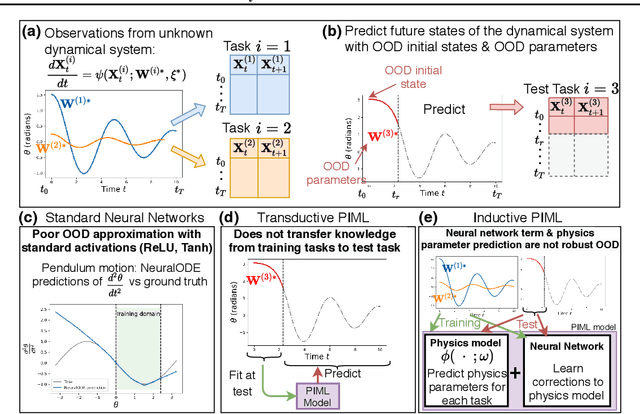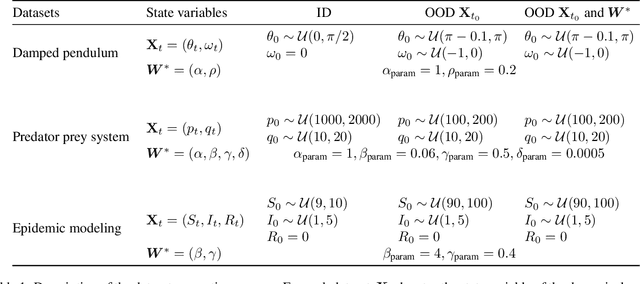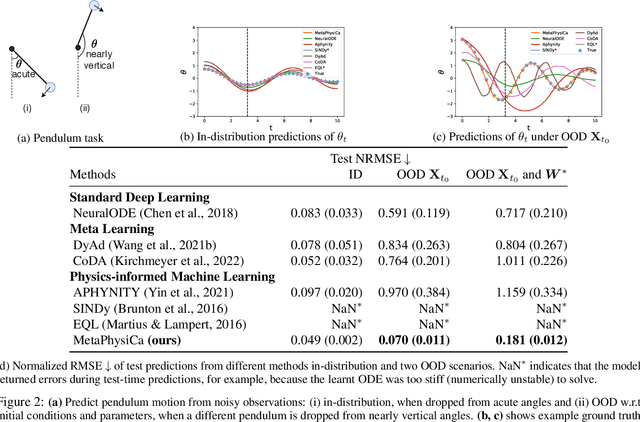Muhammad Ashraful Alam
Physics-guided machine learning predicts the planet-scale performance of solar farms with sparse, heterogeneous, public data
Jul 25, 2024



Abstract:The photovoltaics (PV) technology landscape is evolving rapidly. To predict the potential and scalability of emerging PV technologies, a global understanding of these systems' performance is essential. Traditionally, experimental and computational studies at large national research facilities have focused on PV performance in specific regional climates. However, synthesizing these regional studies to understand the worldwide performance potential has proven difficult. Given the expense of obtaining experimental data, the challenge of coordinating experiments at national labs across a politically-divided world, and the data-privacy concerns of large commercial operators, however, a fundamentally different, data-efficient approach is desired. Here, we present a physics-guided machine learning (PGML) scheme to demonstrate that: (a) The world can be divided into a few PV-specific climate zones, called PVZones, illustrating that the relevant meteorological conditions are shared across continents; (b) by exploiting the climatic similarities, high-quality monthly energy yield data from as few as five locations can accurately predict yearly energy yield potential with high spatial resolution and a root mean square error of less than 8 kWhm$^{2}$, and (c) even with noisy, heterogeneous public PV performance data, the global energy yield can be predicted with less than 6% relative error compared to physics-based simulations provided that the dataset is representative. This PGML scheme is agnostic to PV technology and farm topology, making it adaptable to new PV technologies or farm configurations. The results encourage physics-guided, data-driven collaboration among national policymakers and research organizations to build efficient decision support systems for accelerated PV qualification and deployment across the world.
MetaPhysiCa: OOD Robustness in Physics-informed Machine Learning
Mar 06, 2023



Abstract:A fundamental challenge in physics-informed machine learning (PIML) is the design of robust PIML methods for out-of-distribution (OOD) forecasting tasks. These OOD tasks require learning-to-learn from observations of the same (ODE) dynamical system with different unknown ODE parameters, and demand accurate forecasts even under out-of-support initial conditions and out-of-support ODE parameters. In this work we propose a solution for such tasks, which we define as a meta-learning procedure for causal structure discovery (including invariant risk minimization). Using three different OOD tasks, we empirically observe that the proposed approach significantly outperforms existing state-of-the-art PIML and deep learning methods.
 Add to Chrome
Add to Chrome Add to Firefox
Add to Firefox Add to Edge
Add to Edge